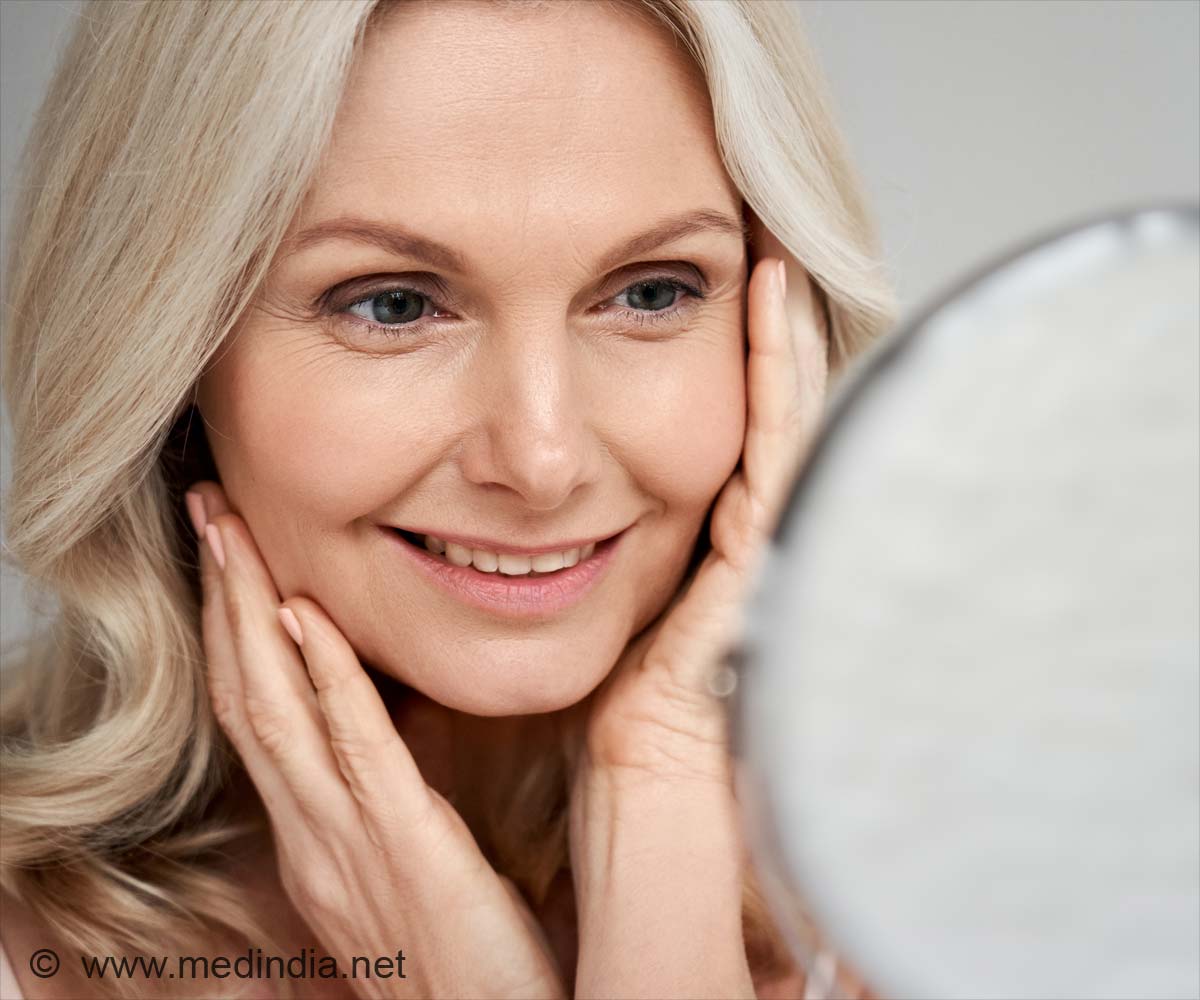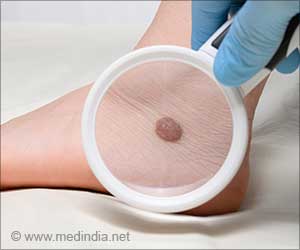Discover how skin changes with age, the common signs of aging, and expert skincare tips to protect and rejuvenate your skin at any stage of life.

- Skin aging begins as early as your 20s with reduced collagen production
- Sun protection is the most important defense against aging skin
- Retinoids and antioxidants are key players in maintaining youthful skin
We often imagine our future, a new job position, new house, or a fun trip ahead of us. But there is this part of the future that we tend to resist, that is, the aging of the human body. In the contemporary world, people pay a lot of attention to enjoying young and attractive skin, which in a myriad of ways is portrayed in the cosmetic industry and social media applications, filters included.
However, are these anti-aging measures really necessary and if yes, at what age do we start thinking about it?
Advertisement
What is Aging and What Causes It?
Ageing is selectively determined by genetics and the lifestyle that an individual adopts. It is common for the skin to modify as people age, but some factors can exacerbate skin aging and produce early aging manifestations.
Though genes contribute to the process, lifestyle choices like a failure to protect skin from the sun, smoking or alcohol, and a poor diet have much more influence over the skin’s aging process. Other common causes of premature aging include:
The knowledge of these causes is the first step to taking the necessary measures to prevent skin from aging very fast.
Advertisement
Signs of Aging in Your 20s
In your 20s, you may get some pimples or dark spots as a sneak peek into what awaits you in the future. From our 20s the synthesis of hyaluronic acid, collagen, and elastin declines, thus, the skin becomes dehydrated and the skin barrier weakens (1✔ ✔Trusted Source
A Novel Hyaluronic Acid Matrix Ingredient with Regenerative, Anti-Aging and Antioxidant Capacity
).
It is at this stage that you may start realizing some of the manifestations of the sun damage such as the sun spots, and other fine lines start appearing. One should however observe that increased wrinkles, increased dry skin, and loss of facial fat at this age should be seen as signs of premature aging.
This is also the right time to think of “prejuvenation” treatments. Prejuvenation is basically, the cosmetic treatments that help people to avert the early signs of aging so that they do not need to go for facelift surgery. They also play a critical role in ensuring that one’s skin remains young by stimulating collagen which is responsible for lines and wrinkles (2✔ ✔Trusted Source
Advancements in Regenerative Medicine for Aesthetic Dermatology: A Comprehensive Review and Future Trends
Advertisement
Signs of Aging in Your 30s
While the fine lines and wrinkles mentioned above may develop in your 20s, more expansive signs of aging will surface once you get to your 30s. Pigmentation problems, fine lines, and, really, any grown-up acne start in this decade. Skin starts to sag, especially visible in the under-eye area and lips may also become thinner and less plump.
In case of representatives of melanin-rich skin, these changes may occur later than in other people because people with melanin-rich skin age relatively slower than those with a lighter complexion.
That is why for those who are anxious about such changes they can start using anti-aging products. While it’s possible to start preventative measures at an even earlier age, this isn’t necessarily advisable because there is not enough evidence about what the impact of early anti-aging interventions could be.
Signs of Aging in your 40s
When we are in our 40s, the aging process is even more accelerated. During that period there is an increased % loss of collagen – elastin content in the skin thereby resulting in deeper wrinkles and changes in textured skin. Hormonal changes most especially during the menopausal period enhance the existing manifestations and therefore lead to increased discoloration and deflation.
Nevertheless, these are normal stages in life, yet many people have a hard time coming to terms with them. However, knowledge of what constitutes the norm in the process makes it easier to transition and even adopt better practices as a way of skincare.
Anti-Ageing Skincare Tips
Everyone should follow skin protection approaches and early morning skin care regimes to prevent skin aging despite their age. Here are expert recommendations for maximizing your skin’s health:
1. Sun Protection is Key
Protection from the sun is the best strategy against aging.
- Avoidance: Stay out of the sun and do not go out in the sun between 10 in the morning and 2 in the afternoon.
- Physical protection: Sailing, sunbathing, swimming, golfing, playing outside, and having lots of outdoor activities should be done while wearing sunglasses, hats, and wearing apparel that has UPF.”
- Sunscreen: Wear a Broad-spectrum water-resistant SPF 30+ sunscreen daily. Applying sunscreen together with an antioxidant serum, including vitamin C, will safeguard the skin against pollution and the sun.
2. Incorporate Retinoids
Retinoids are widely known to possess anti-aging properties. Retinoids are effective for fine lines, wrinkles, and skin that has blotchy coloration. It is said that retinoids should be begun no later than in one’s 20s since the rate of collagen synthesis slows down in this period.
Incorporation of products that cause skin cell turnover in the evening includes alpha hydroxy acids or chemical exfoliants. Going for a complicated multiple steps skincare regimen is costly and could be less effective without a doctor’s prescription.
Growing older is perfectly normal, and yes, we may admire youth and all that it symbolizes, yet there is magic in every passing year. Now that you know what causes skin aging and how to take care of the skin, you don’t have to worry about premature aging. Indeed, this is true no matter the age: you are in your twenties, thirties, or beyond, and the right skincare routine will help you age beautifully and fearlessly.
References:
- A Novel Hyaluronic Acid Matrix Ingredient with Regenerative, Anti-Aging and Antioxidant Capacity – (https://pmc.ncbi.nlm.nih.gov/articles/PMC10002543/)
- Advancements in Regenerative Medicine for Aesthetic Dermatology: A Comprehensive Review and Future Trends – (https://www.mdpi.com/2079-9284/11/2/49)
Source-Medindia



